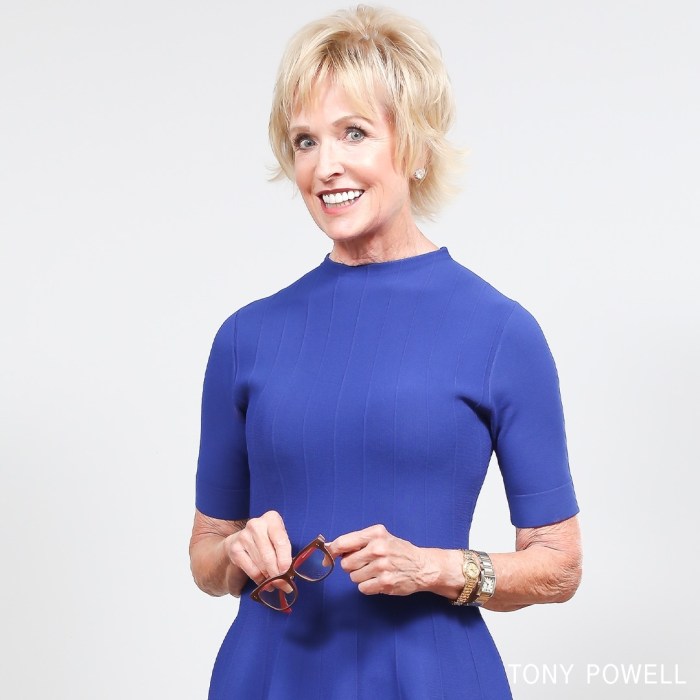By Kathy Kemper – 06/03/11 02:51 PM ET
On June 1, Dr. Rosa Rai Djalal, wife of the Ambassador of the Republic of Indonesia, invited a star-studded panel to discuss one of the most important national security issues of our time. No, it wasn’t terrorism. It wasn’t weapons of mass destruction. And it wasn’t debt reduction. Instead, the half-day session at the Indonesian ambassador’s residence focused on the central role that women play as “agents of change” in both the developed and developing world.
The high-powered panel lineup included Dr. Sri Mulyani Indrawati, Managing Director of the World Bank; Ambassador Capricia Marshall, Chief of Protocol of the White House; Her Excellency Hunaina Al Mughairy, Ambassador of the Sultanate of Oman; and Rear Admiral Susan J. Blumenthal, MD, Director of the Health and Medicine Program at the Center for the Study of the Presidency and Congress.
It’s a common misperception that the challenges women face — from economic inequality to poor reproductive health — are “soft” social issues. But as each of the speakers noted, the central role women play in society translates into a “butterfly effect” affecting ever-larger circles of humanity. Women are the first educators of children, pillars of their families and households, and the bedrock of communities and countries. Their welfare, health, and progress is critical to the well-being of families, communities, and (at the highest level) nations and should be considered as important as any item on the traditional national security agenda.
Dr. Djalal, her husband hailing from the eastern Indonesian island of Sulawesi, noted that in his culture, women are leaders in every sphere of life. They *ask* guys to marry, receive everything after divorce, and even serve as soldiers.
In many countries, women have penetrated the very highest ranks of government and even served as heads of state. At the same time, the most vulnerable women in these very same societies find that they have limited opportunities to progress. Her Excellency Hunaina Al Mughairy, one of three Arab female ambassadors, emphasized the importance of economic equality and education in helping women climb the social ladder. Even in the United States, she said, women’s issues are not as high of a priority as they should be. To demonstrate her point, she noted that there are more animal shelters in our country than battered woman shelters.
Dr. Sri Mulyani Indrawati, Managing Director of the World Bank, mentioned micro-financing as a proven tool that empowers women by expanding the economic opportunities available to them. The small loans that women receive help them start their own businesses, support their families, and establish greater independence. The payback rate for these loans, moreover, exceeds 95%, with some observers putting the figure at an amazing 99 percent. As helpful as microfinance can be, however, Indrawati pointed out that women are hungry to be in leadership roles. They want to have a voice in policymaking as opposed to simply being on the receiving end.
In the developed world, Hillary Clinton has been a consummate agent of change on global women’s issues. Ambassador Capricia Marshall noted that Hillary is big on event follow-up, pushing action items, and using diplomacy to promote dialogue. Reflecting on her time working for Hillary’s presidential campaign, she injected a lighter note into the conversation. In the early days of the campaign, she said she would put foam rollers in Hillary’s hair. As a result, she says she takes full responsibility for bad hair days!
Secretary Clinton is truly the 20th-century’s rock star agent of change. Maybe she will even get the Nobel one day for her efforts.
Education, health, and economic opportunity are cross-cultural issues that are important for all women. Reflecting this commonality, the audience at the ambassador’s residence included women and female diplomats from every continent. But as the panel made clear, the progress of women is central to the problems and challenges that affect all of us. Far from being a “soft” issue, the ability of women to rise and become leaders is as significant as any question currently on the national security table.
